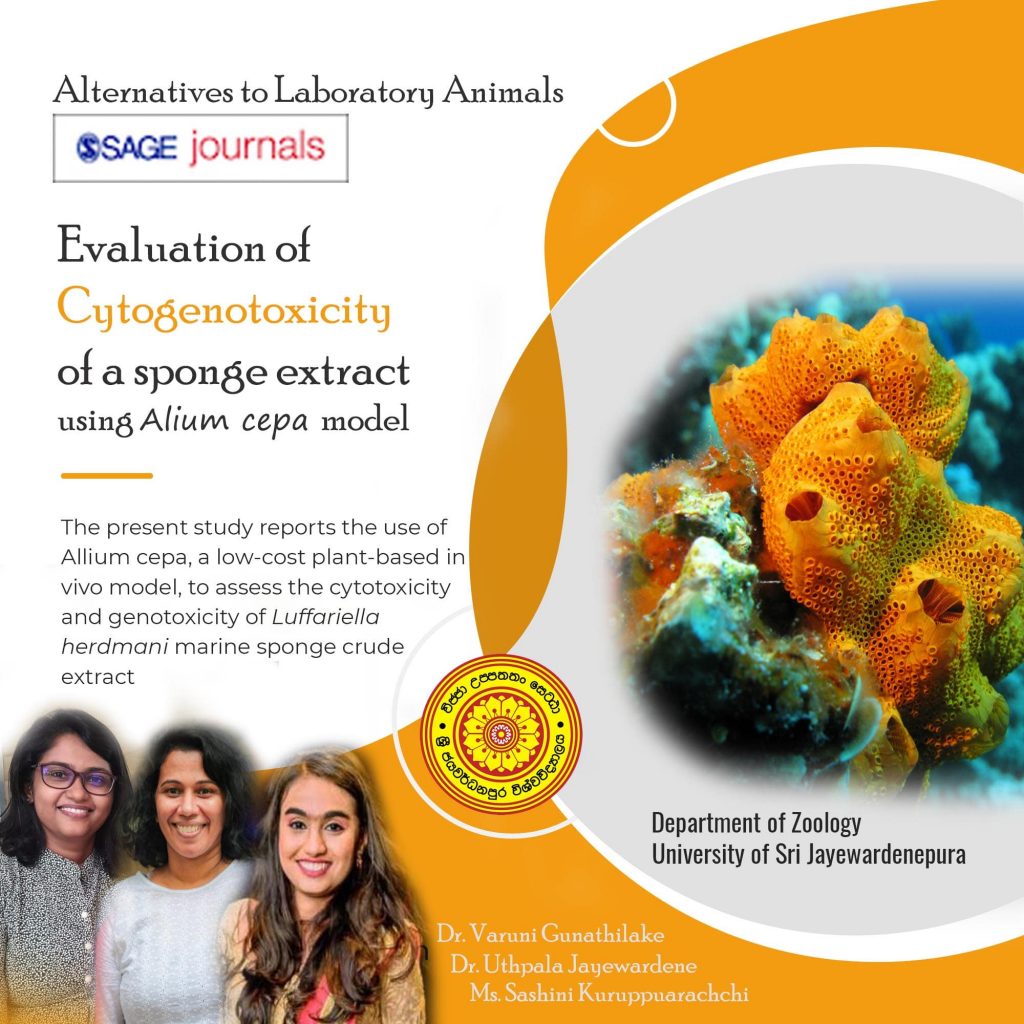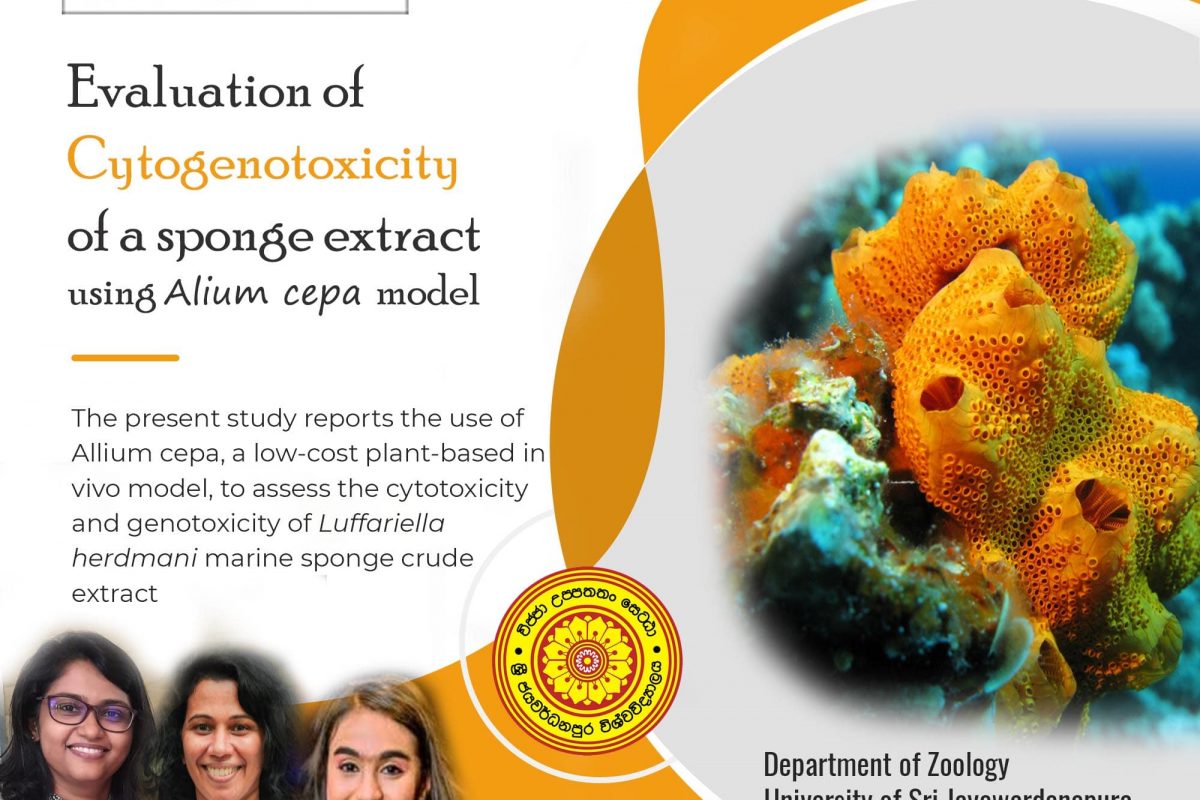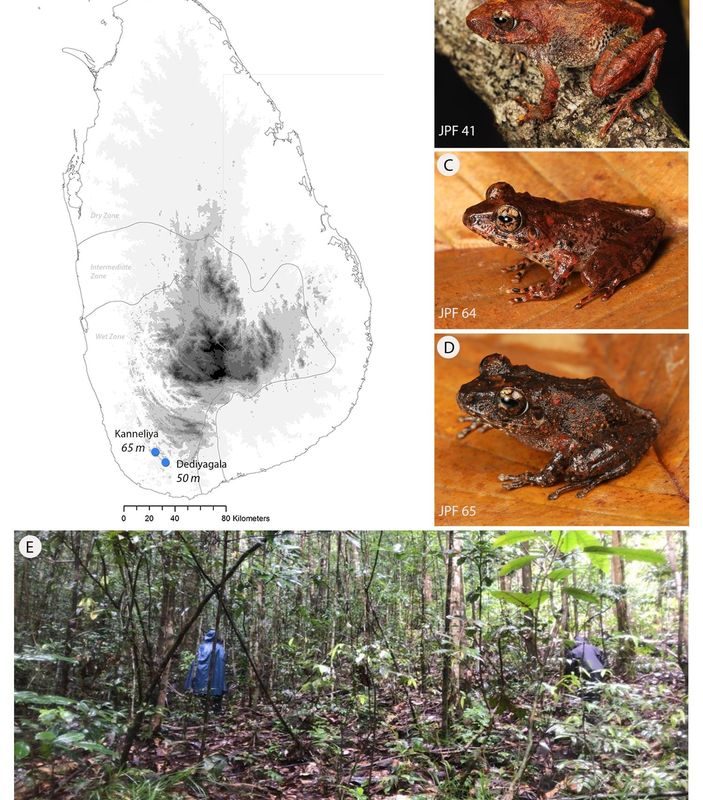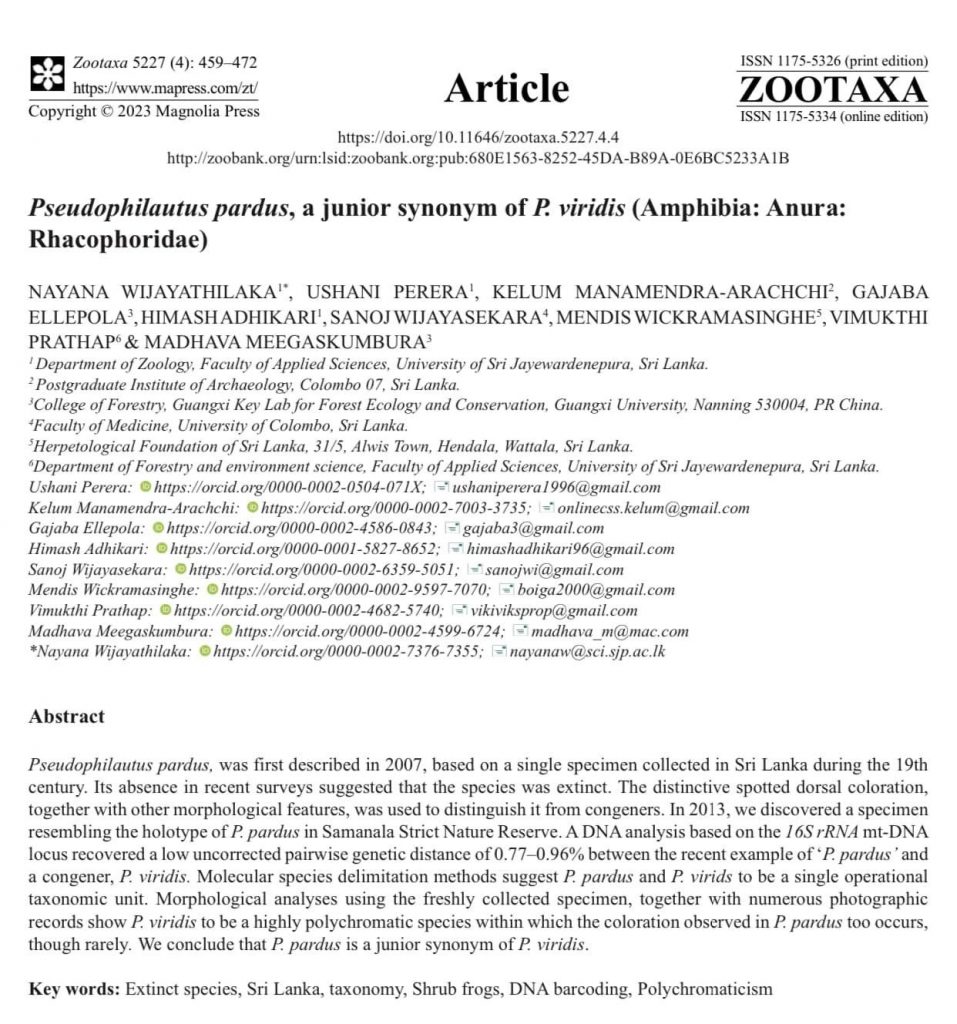Sashini U. Kuruppuarachchi, Uthpala A. Jayawardena and Varuni K. Gunathilake
published in Alternatives to Laboratory Animals
Marine sponge extracts are known to contain potentially toxic compounds that have biological activities of possible pharmacological interest. Thus, it is vital that biological models are used for the preliminary toxicity screening of such extracts. The present study reports the use of Allium cepa, a low-cost plant-based in vivo model, to assess the cytotoxicity and genotoxicity of Luffariella herdmani marine sponge crude extract (SCE). Pre-germinated onion bulbs, exposed for 96 hours to different concentrations of SCE (ranging from 0.3125 to 20 μg/ml), were used to determine general cytotoxicity. Root length as well as morphological abnormalities were recorded. Genotoxicity was assessed by exposing the root tips to SCE (0.3125–20 μg/ml) and the appropriate controls for 48 hours, and then staining with acetocarmine. The
Mitotic Index (MI), Mitotic Phase Indices (MPIs) and chromosomal aberrations were evaluated and recorded. SCE inhibited A. cepa root growth (EC50 = 10.34 μg/ml) and elicited a mitodepressive effect (LC50 = 1.95 μg/ml) in a dose-dependent and significant manner. In addition, macroscopic alterations as well as chromosomal aberrations were detected. Overall, our findings indicate that L. herdmani crude extract exhibits cytotoxic and genotoxic activity, suggesting that it might contain substances with anti-proliferative/anticancer potential that could be subject to further characterisation.







